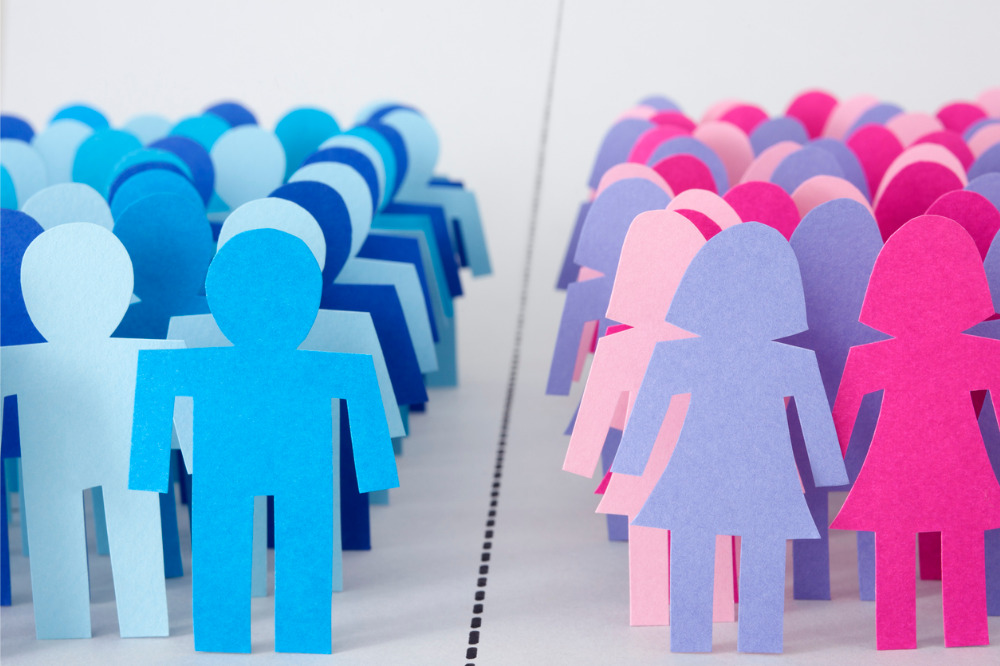
There is a growing gender gap in opportunities to learn and apply their knowledge of global and multicultural issues, a new OECD PISA report has found.
The report, titled: ‘Are Students Ready to Thrive in an Interconnected World?’ found that, on average across OECD countries, boys were more likely than girls to report taking part in activities where they are expected to express and discuss their views, while girls were more likely than boys to report taking part in activities related to intercultural understanding and communication.
Boys, for example, were more likely to learn about the interconnectedness of countries’ economies, look for news on the Internet or watch the news together during class.
They were also more likely to be asked by teachers to give their opinion about international news, take part in classroom discussions about world events and analyse global issues with their classmates.
In contrast, girls were more likely than boys to report that they learn how to solve conflicts with their peers in the classroom, learn about different cultures and learn how people from different cultures can have different perspectives on some issues.
These gender differences could reflect personal interests and self-efficacy but could also reflect how girls and boys are socialised at home and at school, according to the report.
“Education is key to helping young people navigate today’s increasingly complex and interconnected world,” said Andreas Schleicher, OECD Director for Education and Skills.
“The schools and education systems that are most successful in fostering global knowledge, skills and attitudes among young people are those that offer a curriculum that values openness to the world, provide a positive and inclusive learning environment and offer opportunities to relate to people from other cultures.”


